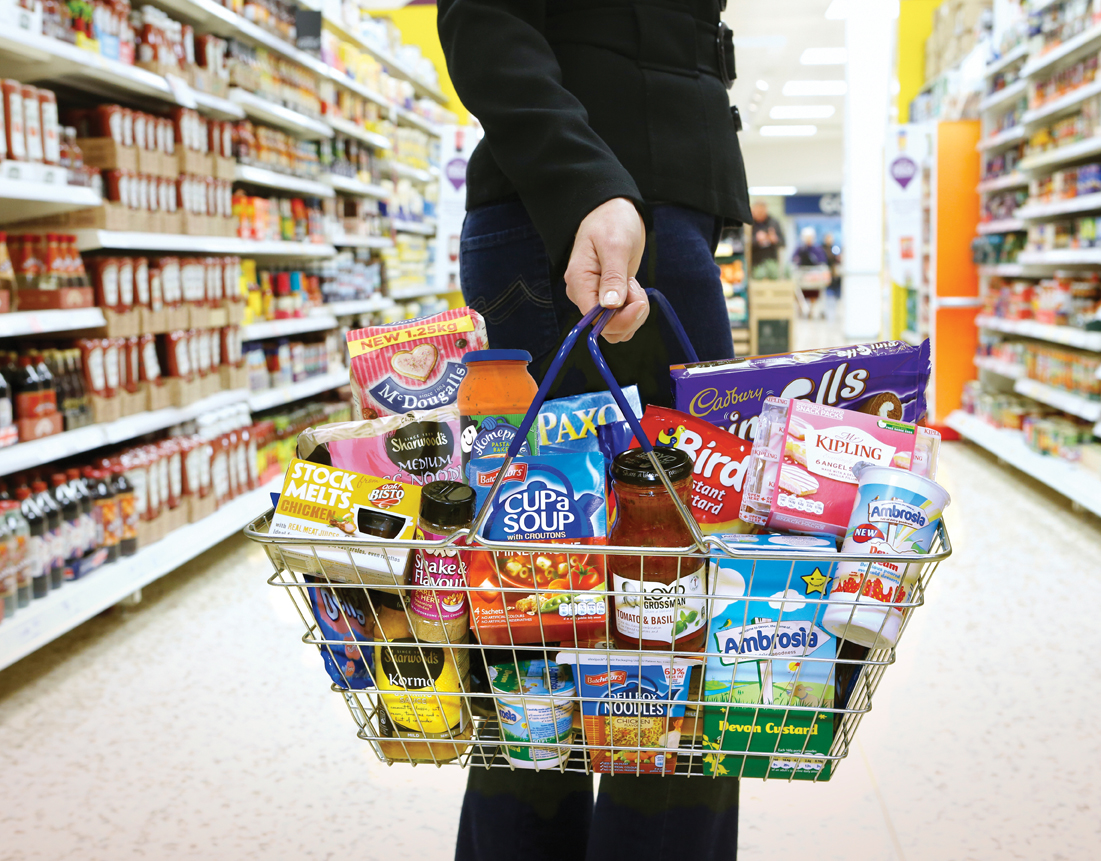Household Bills
Think tank argues ‘sin taxes’ will hit poor hardest

A summit to be held this week could increase taxes on food and drink deemed ‘sinful’, raising household bills across the globe, warned the Institute of Economic Affairs (IEA).
The meeting is organised by Michael Bloomberg and the World Health Organisation (WHO), and will take place in Geneva. The WHO is encouraging governments to introduce higher taxes on unhealthy food and drink.
The WHO claims that a 20% increase in the price of fizzy drinks would decrease consumption by 20% and improve health. It comes at a time when obesity is putting an increasing strain on government finances across the globe.
The IEA argues there is no international evidence that sugar taxes have reduced obesity. Analysis by the IEA’s head of lifestyle economics, Christopher Snowdon, showed that a 20% tax on the food and drinks that the WHO considers ‘unhealthy’ would cost a typical British family £458 extra per year.
It argues that the WHO’s definition of ‘unhealthy’ food is anything high in fat, sugar, salt or calories, which could see taxes rise on milk drinks, breakfast cereals, confectionery, baked goods, yoghurts, crisps, bread, soup and lunchbox staples such as sliced ham. It said that ‘sin taxes’ would hit the poor hardest.
The research stated: “Sin taxes are a reliable source of revenue precisely because – for the most part – they simply raise the cost of living. While they are intended to reduce consumption of demerit goods and indirectly improve health, the products being targeted are price inelastic, meaning consumers will be forced into paying more for their food and drink.”
Snowden said: “The meeting this weekend might be deliberately behind closed doors, but we know what it’s about….Taxing the groceries of ordinary families will only succeed in making them poorer, when all the credible evidence shows that the best way to improve health is to make people richer.”
The UK already has a tax on sugary drinks, introduced at the start of this tax year. Manufacturers have to pay a levy on the high-sugar drinks they sell. The tax has already prompted leading brands such as Fanta, Ribena and Lucozade to reduce the sugar content of their drinks.